Civet Coffee - Everything You Need to Know About the World's Most Expensive Coffee
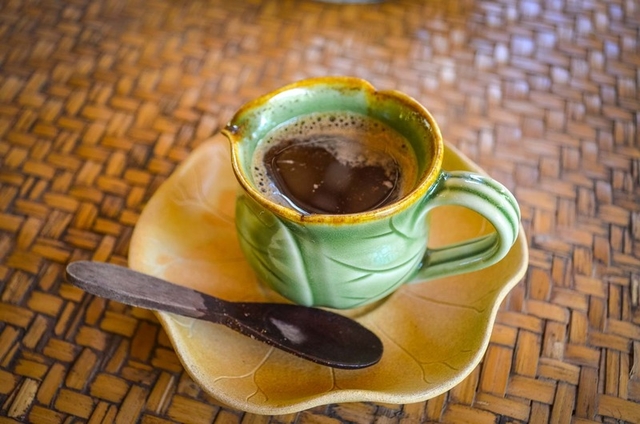
Kopi Luwak (Civet Coffee) is rightfully considered the most expensive coffee in the world. Connoisseurs of exotic flavors pay around $60 for a cup of this unusual Indonesian drink. Wondering what the secret is? Here's everything you need to know about Kopi Luwak and its unique origin.
History of the Unusual Coffee
The origin of this unique beverage dates back to the 18th century, during Indonesia's colonial era. At that time, regular coffee was already quite popular in the country, but due to its high cost, only affluent Indonesians could afford it.
Local farmers were obliged to cultivate coffee plantations for trade, but they were not allowed to touch the coffee beans. One day, someone noticed that a specific type of local palm civet left coffee beans in its droppings, and surprisingly, they remained intact and undigested.
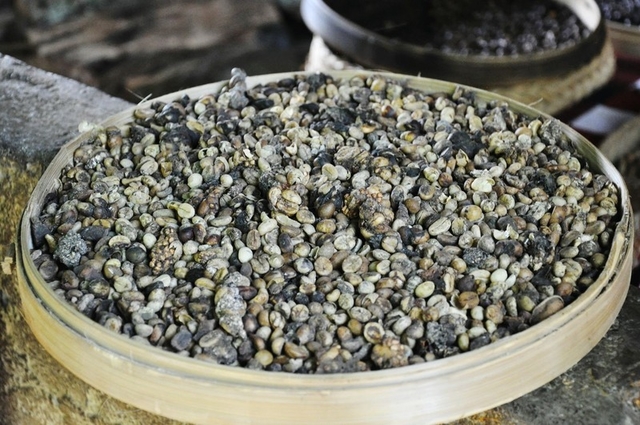
Out of curiosity, a farmer cleaned and processed these beans, then brewed coffee from them. Little did they know that the coffee invented at that moment would be even better and more valuable than the one grown on plantations!
It may be hard to believe, but today, the production of coffee from the droppings of local animals has significant scale, with Sumatra, Bali, Java, and Sulawesi being the main suppliers in Indonesia.
Harvesting Process of Coffee Beans
The key player in this process is the Asian palm civet, known as Luwak. It selects and sniffs the juiciest, ripest coffee cherries from the tree, eats them, and during the digestive process, they are fermented, while the coffee beans remain untouched.
Fermentation occurs before the coffee beans exit the animal's body. Thanks to this process, Kopi Luwak has less bacterial content compared to other types of coffee, despite being extracted from the animal's droppings.
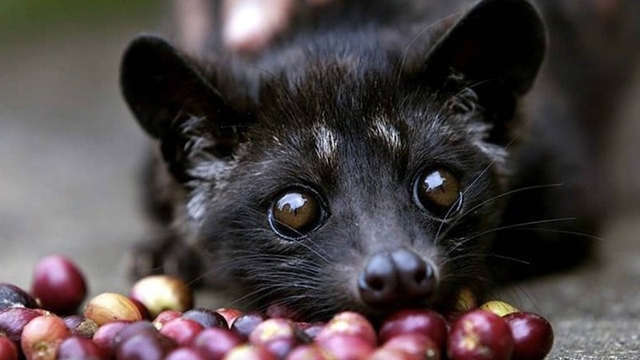
Coffee beans must be thoroughly cleaned from the droppings, sun-dried, and then roasted. Only after these steps do they begin to grind and brew for the beverage.
Taste and Aroma of Kopi Luwak
One distinctive feature of Kopi Luwak is its strong aroma. The multi-stage processing of beans also reduces bitterness, making the drink particularly suitable for those who prefer a light coffee taste. Despite this, Kopi Luwak maintains a sufficiently thick consistency.
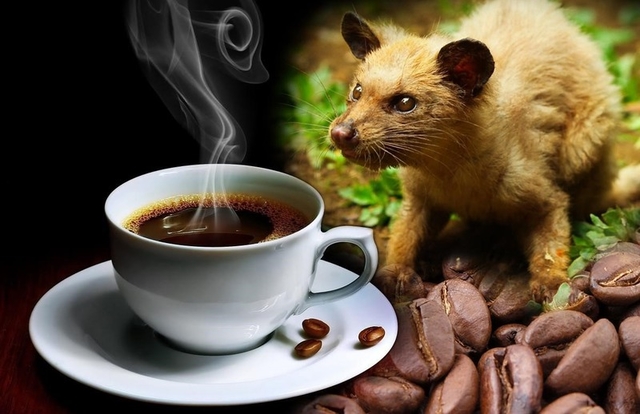
By the way, when animals choose their coffee beans, they react only to the juiciest fruits, providing further confirmation of the high quality of the beans and, consequently, the drink. Coffee connoisseurs can choose their favorite beverage from a wide variety, including Arabica and Robusta.
Unexpected Turn of Events
Initially, Asian palm civets were considered pests because it was believed they destroyed cultivated coffee beans. Many farmers hunted civets and killed them as soon as they appeared in their fields. As a result, civets are now an endangered species.
The gradual disappearance of these creatures led many farmers to prefer keeping civets in cages and feeding them personally selected coffee beans. This approach has faced protests from animal rights activists, as farm animals constantly live in tight cages without freedom and often endure cruel treatment.
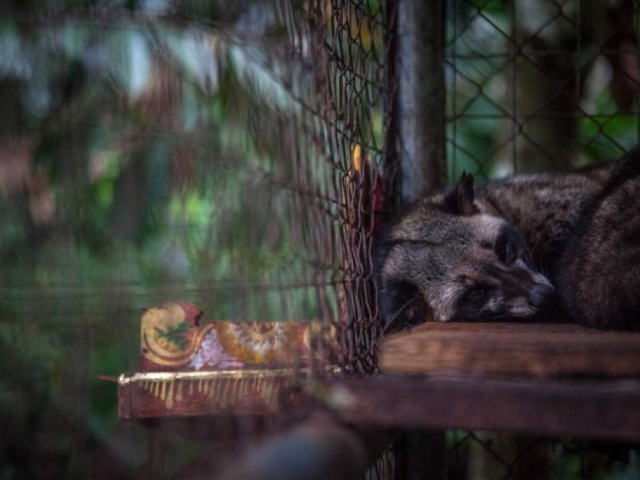
Unfortunately, the practice of keeping civets in captivity significantly reduces the quality of coffee. The coffee aroma from beans of farm civets is less intense, as stress detrimentally affects the digestive process.
Instead of allowing animals to independently choose the best coffee cherries, farmers often forcefully feed civets with unripe coffee cherries, thus inducing diseases in the creatures.
In any case, Kopi Luwak is a unique coffee beverage obtained in a way unfamiliar to us. If the opportunity arises, be sure to try it; otherwise, you might regret not doing so later!
You can add one right now!